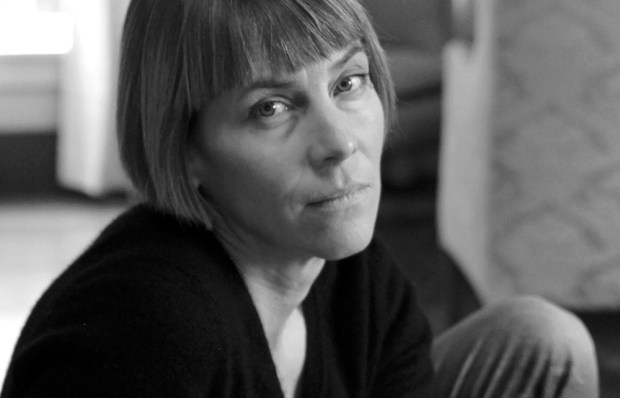Alfa Ndiaye, a Senegalese soldier fighting for France in the trenches of the Great War, is consumed by bloodlust, which you’d think might be an asset under the circumstances. But after watching the protracted, gruesome death of his friend and ‘more than brother’, Mademba, a switch is flicked in Alfa’s mind. He becomes, in effect, a sadistic serial killer, until war itself cannot provide sufficient cover for his extremity.
David Diop’s powerful novel, not much more than novella length, is full of echoes and portents. Over the course of his self-justifying narrative, Alfa says ‘God’s truth’ so often that the notion is drained of meaning. Translated from the French, the text revolves around recurring images and verbal tics, as though Alfa is trying a series of keys to unlock his troubled psyche. After seeing Mademba’s guts, ‘slimy as freshwater snakes’, tumbling from his belly, it suddenly strikes Alfa that their trench resembles ‘a woman, open, offering herself to war, to the bombshells, and to us, the soldiers’. The night before call-up, the village beauty, Fary Thiam, granted Alfa her sexual favours, and his account of the way she ‘opened the interior of her body’ takes on a disturbing tone.
For a while Alfa’s fellow soldiers, both Toubab (white) and Chocolat, applaud his antics and laugh at the grisly trophies he brings back to the trench. After all, the French captain has encouraged the Africans to play the part of ‘savage Negroes, cannibals, Zulus’. The rumour which grows among his fellow Africans is that Alfa is a ‘dëmm’ or devourer of souls, which only feeds his grandiosity.
Alfa’s account of his upbringing in Senegal, brief and powerful as anything else in the novel, makes clear that he was a much- loved child in an ordered society bound by ties of honour and respect. It is this war of the European powers that twists him into a monster. ‘Only obeying orders’ always sounds like a cop-out, but the punishment meted out to those who defy the captain is as brutal as any of Alfa’s crimes.
With elegant brevity, Diop presents a world with no firm dividing line between courage and madness, murder and warfare; the most dedicated killers are awarded the Croix de Guerre. Alfa’s final transformation, as he attempts to atone for his guilt over the death of his friend, is unexpected, poetic — and chilling.
Got something to add? Join the discussion and comment below.
Get 10 issues for just $10
Subscribe to The Spectator Australia today for the next 10 magazine issues, plus full online access, for just $10.
You might disagree with half of it, but you’ll enjoy reading all of it. Try your first month for free, then just $2 a week for the remainder of your first year.














Comments
Don't miss out
Join the conversation with other Spectator Australia readers. Subscribe to leave a comment.
SUBSCRIBEAlready a subscriber? Log in